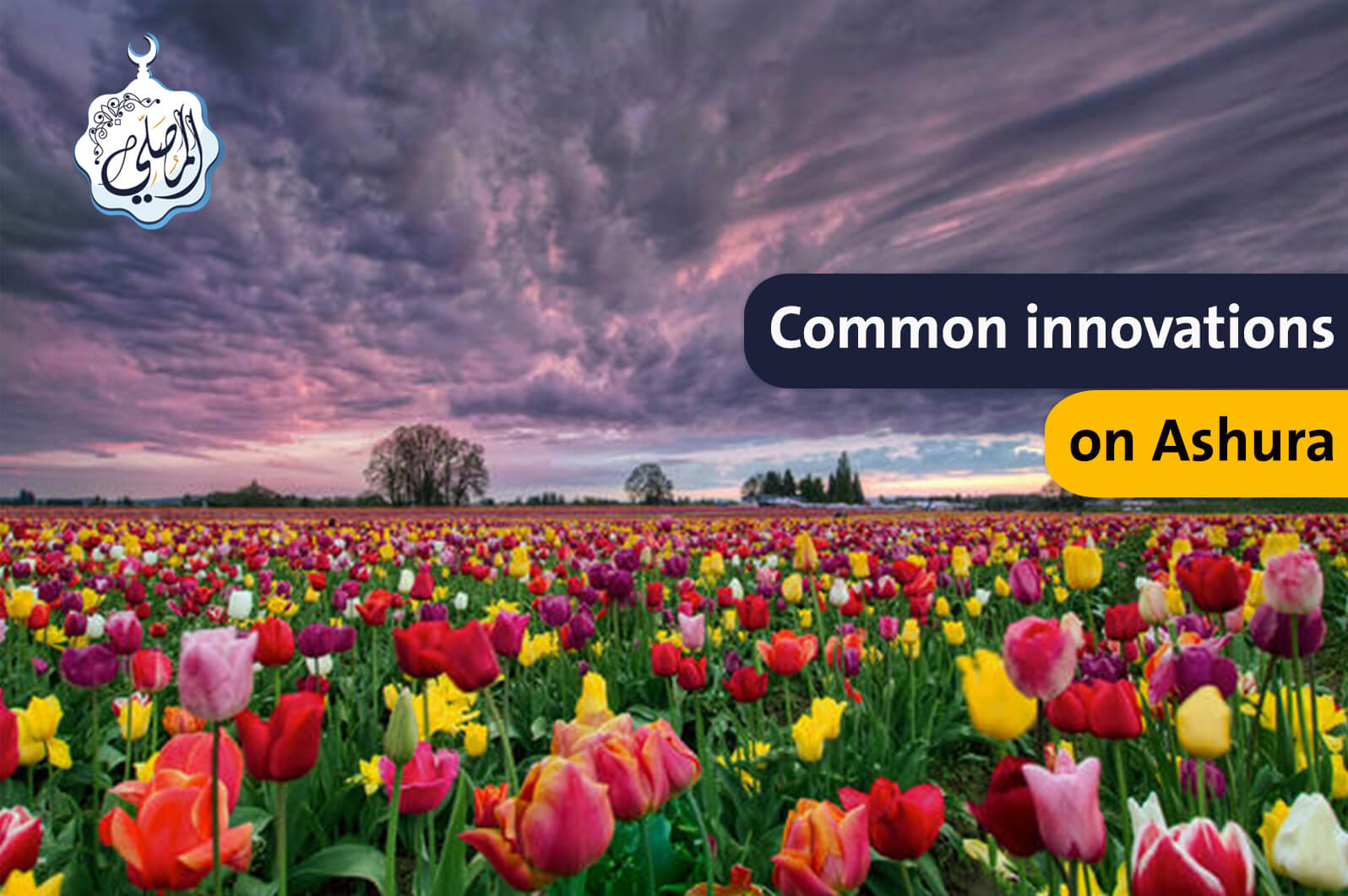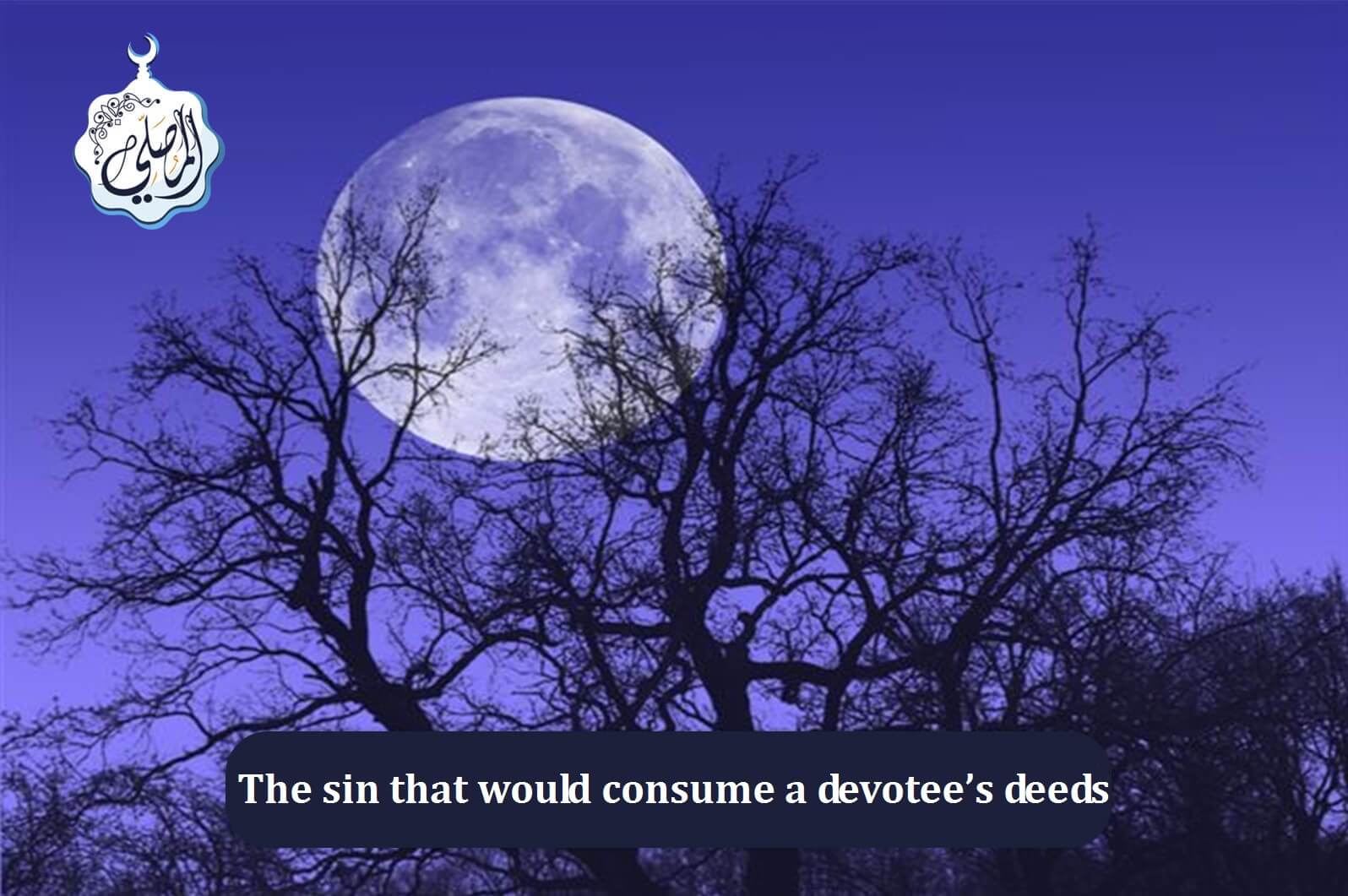
As the blessed month of Sha'ban unfolds, Muslims around the world turn their attention to a special period known as the "Three White Nights" or "Ayyam al-Beed." These nights, corresponding to the 13th, 14th, and 15th of the lunar month, hold particular significance in Islamic tradition, especially when they fall in the middle of Sha'ban. This article explores the virtues and rewards associated with fasting during these luminous days.
The Concept of Ayyam al-Beed: The term "Ayyam al-Beed" literally translates to "the white days." They are so named because the moon is at its fullest and brightest during these nights. In Islamic tradition, fasting during these days of every month is recommended, but they hold special importance in Sha'ban.
The Significance of Sha'ban: Sha'ban is a month of great virtue, often overshadowed by the following month of Ramadan. Our beloved Prophet Muhammad (peace be upon him) used to fast more in Sha'ban than in any other month except Ramadan. Aisha (may Allah be pleased with her) reported: "I never saw the Messenger of Allah fasting for a whole month except the month of Ramadan, and I never saw him fasting in any month more than in the month of Sha'ban." (Bukhari and Muslim)
Rewards of Fasting the White Days:
-
Multiplied Rewards: Fasting during these days is believed to carry the reward of fasting the entire month. Abu Dharr (may Allah be pleased with him) narrated that the Prophet (peace be upon him) said: "Whoever fasts three days of every month, it is as if he fasted the entire year." (Tirmidhi)
-
Purification of the Soul: Fasting serves as a means of purifying the soul and strengthening one's faith. The Prophet (peace be upon him) said: "Fasting Sha'ban is expiation for the past year." (An-Nasa'i)
-
Preparation for Ramadan: Fasting these days in Sha'ban helps prepare the body and soul for the upcoming month of Ramadan, allowing believers to enter the holy month with increased spiritual readiness.
-
Following the Sunnah: By fasting these days, we emulate the practice of our beloved Prophet (peace be upon him), earning additional rewards for following his example.
-
Increased Chances of Forgiveness: The night of the 15th of Sha'ban is considered a night of forgiveness. Fasting in the days leading up to it may increase one's chances of attaining Allah's mercy and forgiveness.
Spiritual Benefits:
-
Self-Discipline: Fasting these days helps cultivate self-control and discipline, essential qualities for spiritual growth.
-
Increased Awareness of Allah: The act of fasting heightens our consciousness of Allah, encouraging more frequent remembrance and worship.
-
Empathy for the Less Fortunate: Experiencing hunger reminds us of those who are less fortunate, fostering compassion and encouraging charity.
-
Reflection and Introspection: These days of fasting provide an opportunity for deep reflection on our spiritual state and relationship with Allah.
How to Maximize the Benefits:
-
Set Clear Intentions: Make a sincere intention to fast for the sake of Allah alone, seeking His pleasure and rewards.
-
Increase in Good Deeds: Complement your fasting with increased prayer, charity, and Quran recitation.
-
Seek Forgiveness: Use this time to sincerely repent for past sins and seek Allah's forgiveness.
-
Make Dua: Increase in supplications, especially during the times when duas are most likely to be accepted, such as just before breaking the fast.
-
Reflect on the Quran: Dedicate time to read and ponder over the meanings of the Quran during these days.
Conclusion: Fasting the three white nights of mid-Sha'ban offers a unique opportunity to earn immense rewards and draw closer to Allah. As we approach these blessed days, let us strive to take full advantage of their spiritual benefits. May Allah accept our fasts, forgive our sins, and grant us the strength to enter Ramadan










 share facebook
share facebook share whatsApp
share whatsApp share twitter
share twitter share telegram
share telegram copy
copy







